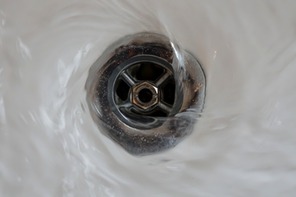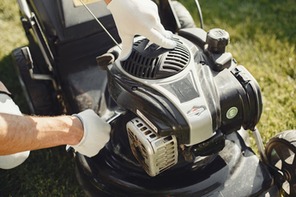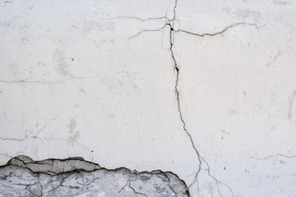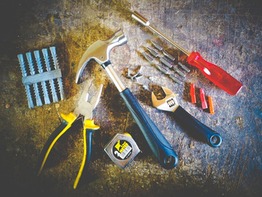- Local.Repair
- Blog
- Repairing Your Roof: When to DIY and When to Call a Pro
Repairing Your Roof: When to DIY and When to Call a Pro

Repairing your roof is essential to maintaining the structural integrity of your home and preventing costly water damage. However, when it comes to deciding whether to tackle the repairs yourself or hire a professional, it can be challenging to know where to draw the line. In this article, we will discuss the signs that your roof needs repair, how to safely handle simple fixes on your own, when to call in the experts, and much more.
Assessing the Damage: Signs Your Roof Needs Repair
Before you decide whether to DIY or hire a professional, it's crucial to assess the damage to your roof. Some common signs that your roof needs repair include missing or damaged shingles, leaks in your attic or ceiling, sagging areas, and visible water damage. If you notice any of these issues, it's essential to address them promptly to prevent further damage.
DIY Roof Repairs: How to Safely Tackle Simple Fixes
If the damage to your roof is minor, you may be able to tackle the repairs yourself. Simple fixes such as replacing a few missing shingles or fixing a small leak can often be done with basic tools and materials. However, it's essential to follow safety precautions, such as using a sturdy ladder, wearing proper safety gear, and working on a dry day to avoid slips and falls.
Hiring a Professional: When to Leave it to the Experts
For more extensive roof damage or complex repairs, it's best to leave it to the experts. A professional roofing contractor will have the knowledge, experience, and tools needed to ensure the job is done correctly and safely. Additionally, hiring a pro can save you time and potentially prevent further damage to your roof if the repairs are not done correctly.
Types of Roof Damage That Require Immediate Attention
Certain types of roof damage require immediate attention to prevent further issues. This includes large leaks, widespread water damage, extensive mold growth, and structural issues such as sagging or bowing. If you notice any of these issues, it's essential to contact a professional roofer right away to assess the damage and make necessary repairs.
Evaluating the Scope of Work: Before You Begin Repairs
Before you begin any roof repairs, it's essential to evaluate the scope of work involved. Consider the extent of the damage, the materials needed, and your own skills and experience with roofing repairs. If the job seems beyond your capabilities or requires specialized tools or knowledge, it's best to call in a professional.
Safety First: Equip Yourself Properly for Roof Repairs
Safety should be your top priority when repairing your roof. Make sure to wear proper safety gear, such as a hard hat, gloves, and non-slip footwear. Use a sturdy ladder with a level base and have someone spot you while you work. Additionally, never work on a wet or icy roof, as this increases the risk of falls.
Importance of Regular Roof Maintenance to Prevent Damage
Regular roof maintenance is key to preventing extensive damage and costly repairs down the line. Inspect your roof at least once a year for signs of damage, such as missing shingles, curling edges, or moss growth. Clean out gutters regularly to prevent water buildup, which can lead to leaks and water damage.
Cost Considerations: DIY vs Professional Roof Repair
When deciding whether to DIY or hire a professional for roof repairs, cost is a crucial factor to consider. While DIY repairs may save you money upfront, hiring a professional can ensure the job is done correctly the first time, potentially saving you money in the long run. Get multiple quotes from reputable roofing contractors to compare costs before making a decision.
Understanding the Risks Involved in DIY Roof Repairs
DIY roof repairs can pose risks, especially if you are not experienced with working on roofs. Falls are a common hazard when working at heights, and there is also the risk of causing further damage to your roof if repairs are not done correctly. If you are unsure of your abilities or the extent of the damage, it's best to call in a professional to avoid potential injury or costly mistakes.
Finding a Qualified Roofing Contractor: Tips and Tricks
When hiring a professional roofing contractor, it's essential to do your research and find a qualified, reputable company. Look for contractors with insurance and proper licensing, as well as positive reviews and testimonials from previous customers. Get recommendations from friends or family members, and don't be afraid to ask for references before making a decision.
===
Whether you decide to tackle roof repairs yourself or hire a professional, it's essential to address any damage promptly to prevent further issues. By assessing the damage, understanding when to DIY and when to call in the experts, and ensuring proper safety precautions, you can keep your roof in top condition and protect your home for years to come. Remember, regular maintenance and timely repairs are key to a healthy, long-lasting roof.




